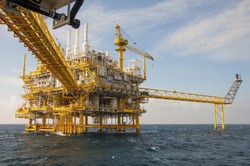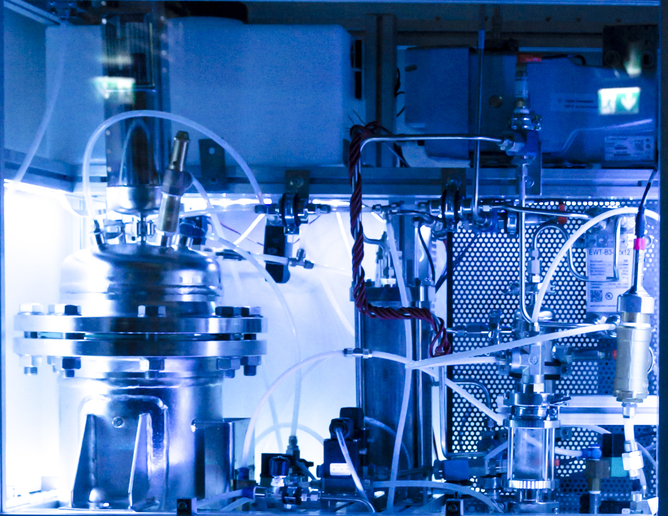Techniques to boost oil recovery from deep-sea reservoirs
One way to offset the lack of energy security associated with the geopolitical landscape is to increase the productivity of existing and future platforms. Enhanced oil recovery through injection of carbon dioxide (CO2) is a promising technology. However, separation of CO2 from the production stream on floating platforms with conventional fluid solvents is complicated by the motion of the platforms. To address this issue, the EU-funded OFFGAS (Offshore gas separation) project set out to develop novel nanoporous materials and high-pressure separation processes. The project provided extensive opportunities for knowledge exchange to experienced researchers and numerous early-stage researchers and doctoral students. The synergy fostered better understanding, long-lasting partnerships and a spirit of teamwork leading to development of breakthrough technologies. Eighty exchanges took place involving both experienced and early-stage researchers. As a result, experienced researchers developed a strategic common research plan and facilitated knowledge exchange between Spain, the United Kingdom and Brazil. This will also lead to the development of other research proposals. Project partners developed effective materials and efficient process technologies for gas separations at high pressure. This will enable offshore resources to be better exploited economically. They prepared and characterised several materials. The OFFGAS team also examined novel solutions for the process configurations to optimise separation for the developed materials and design more efficient methods. OFFGAS developed technology that should prove invaluable to both the EU and Brazil. Brazil has important oil reservoirs situated under deep waters where fixed platforms are not feasible. The EU is planning to employ enhanced oil recovery widely in the North Sea.







